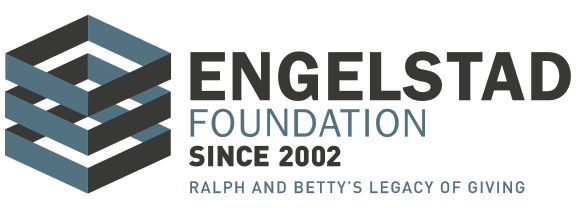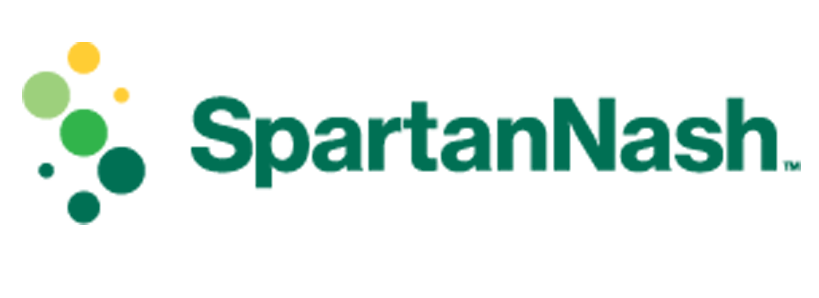Eligibility
To be eligible for participation in Special Olympics, a competitor must agree to observe and abide by the Official Special Olympics Sports Rules.
Special Olympics was created and developed to give individuals with intellectual disabilities the opportunity to train and compete in sports activities. No person shall, on the grounds of sex, race, religion, color or national origin, be excluded from participation in, be denied benefits of, or otherwise subjected to discrimination under any program or activity of Special Olympics.
- Persons eligible for participation are those persons at least eight years old who are identified as having an intellectual disability or who have handicapping conditions because of cognitive delays* and have significant learning or vocational problems** (to the extent that, if of school age, they are receiving specially designed instruction for at least 50 percent of their instructional day***).
- Cognitive delays refer to significantly lower intellectual functioning or performance.
- Significant learning problems refer to those learning problems resulting from cognitive delays (intellectual impairment) as opposed to emotional or behavioral disabilities or difficulties.
- Specially designed instruction for at least 50 percent of their instructional day refers to the time when an individual is receiving instruction, regardless of type. Generally, this instruction is special education or its equivalent. In the case of adults, specially designed instruction is usually replaced with specially designed programs in the work place or at home.
- Some flexibility is left to Local, Area, State Program or National Special Olympics Organizations for determining the eligibility of the participants because of the variety of situations, needs and definitions that exist in the many localities where Special Olympics programs have been and will be instituted.
- Persons under eight years of age may not participate in Special Olympics competitions. There is no upper age limit.
- Persons who have multiple handicaps may participate in Special Olympics, but must be eligible under sub-headings I, II, and III.
- Any person wishing to participate in Special Olympics must first have a medical examination, a signed medical release and a signed parent/guardian/individual release form.
Intellectual Disabilities
About Intellectual Disability
Special Olympics is a global movement of people who want to improve the lives of those with intellectual disabilities. But what are intellectual disabilities?
Intellectual disability (ID) is a term used to describe a person with certain limitations in cognitive functioning and other skills, including communication and self-care. These limitations can cause a child to develop and learn more slowly or differently. Intellectual disability is the most common developmental disability.
Some examples are below:
Fragile X Syndrome
Fragile X is a genetic condition that affects a person's development, especially behavior and the ability to learn. In addition, Fragile X can affect communication skills, physical appearance and sensitivity to noise, light, or similar stimulus. Fragile X is the most common form of inherited intellectual and developmental disability.
Down Syndrome
Down syndrome describes a set of cognitive and physical symptoms that result from having an extra copy or part of a copy of chromosome 21. Down syndrome is the most frequent chromosomal cause of mild to moderate intellectual disability, and occurs in all ethnic and economic groups.
Autism Spectrum Disorders
Autism Spectrum Disorder (known as ASD or, more generally, autism) is a complex neurological and developmental condition that affects how a person learns, communicates and interacts with others. Different people with autism can have different symptoms, which is why it's known as a "spectrum" disorder. Autism affects the structure and function of the brain and nervous system.
Other Intellectual Disabilities
There are many other types of intellectual disabilities-most have known causes, while others remain unknown. Some happen before birth, such as Fetal Alcohol Syndrome or Apert Syndrome; others happen as a baby is being born or soon after birth. Other causes of intellectual disability occur when a child is older; these might include serious head injury, stroke, or certain infections.
Language Guidelines
Words matter. Words can open doors to cultivate the understanding and respect that enable people with disabilities to lead fuller, more independent lives. Words also can create barriers or stereotypes that are not only demeaning to people with disabilities, but also rob them of their individuality.
The following language guidelines have been developed by experts for use by anyone writing or speaking about people with intellectual disabilities to ensure that all people are portrayed with individuality and dignity.
Appropriate Terminology
Why is language and specific terminology important? Special Olympics prefers to focus on people and their gifts and accomplishments, and to dispel negative attitudes and stereotypes. In an ideal world, labels would not exist, but unfortunately they do and language choices can have a powerful impact on impressions and attitudes. As language has evolved, Special Olympics has updated its official terminology to use more widely accepted terminology that is more acceptable to our athletes.
- Special Olympics uses the term "intellectual disabilities." Other terms are used around the world.
- Refer to participants in Special Olympics as "Special Olympics athletes" rather than "Special Olympians" or "Special Olympic athletes."
- Use "people-first language." Refer to individuals, persons or people with intellectual disabilities, rather than "intellectually disabled people" or "the intellectually disabled."
- People have intellectual disabilities, rather than are "suffering from," "afflicted with" or "a victim of" intellectual disabilities.
- Distinguish between adults and children with intellectual disabilities. Use adults or children, or older or younger athletes.
- A person "uses" a wheelchair, rather than is "confined" or "restricted to" a wheelchair.
- "Down syndrome" has replaced "Down's Syndrome" and "mongoloid."
- Refer to participants in Special Olympics as athletes. In no case should the word athletes appear in quotation marks.
- When writing, refer to persons with a disability in the same style as persons without a disability: full name on first reference and last name on subsequent references. Do not refer to an individual with an intellectual disability as "Bill" rather than the journalistically correct "Bill Smith" or "Smith."
- A person is physically challenged or disabled rather than crippled.
- Use the words "Special Olympics" when referring to the worldwide Special Olympics movement.
Terminology to Avoid
- Do not use the label "kids" when referring to Special Olympics athletes. Adult athletes are an integral part of the Movement.
- Do not preface Special Olympics with the word "the." This implies that Special Olympics is a one-time, singular event rather than a year-round, ongoing program of sports training and competition.
- Do not use the adjective "unfortunate" when talking about people with intellectual disabilities. Disabling conditions do not have to be life-defining in a negative way.
- Do not sensationalize the accomplishments of persons with disabilities. While these accomplishments should be recognized and applauded, people in the disability rights movement have tried to make the public aware of the negative impact of referring to the achievements of people with physical or intellectual disabilities with excessive hyperbole.
- Use the word "special" with extreme care when talking about persons with intellectual disabilities. The term, if used excessively in references to Special Olympics athletes and activities, can become a cliché.




